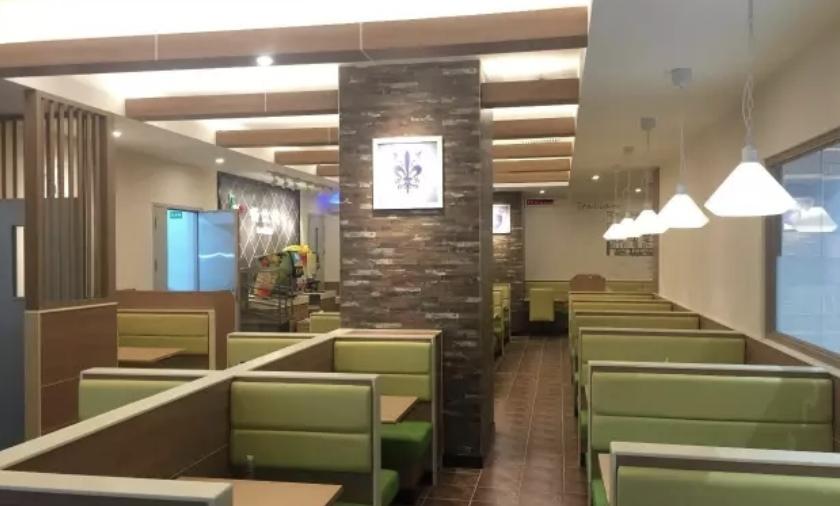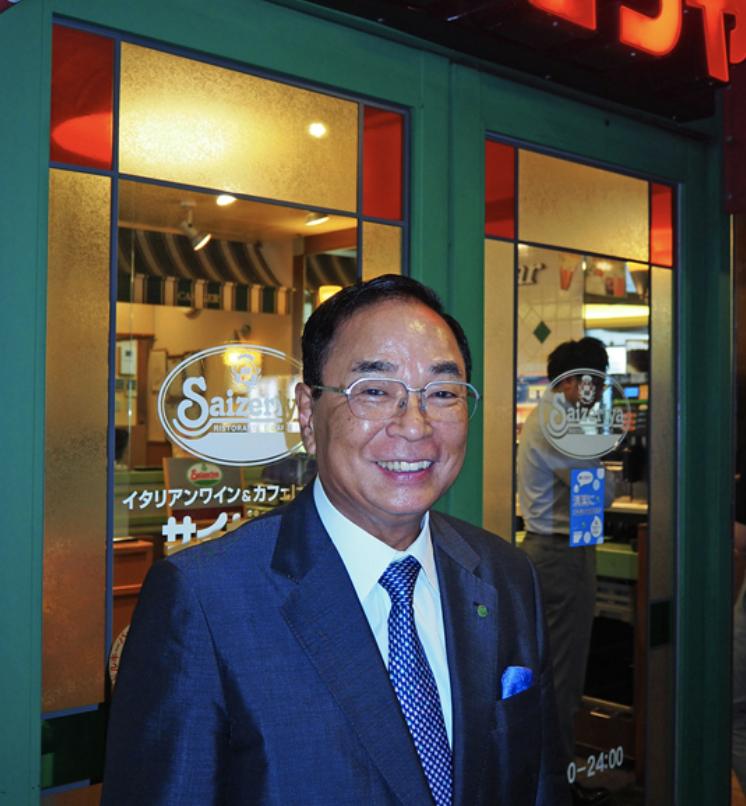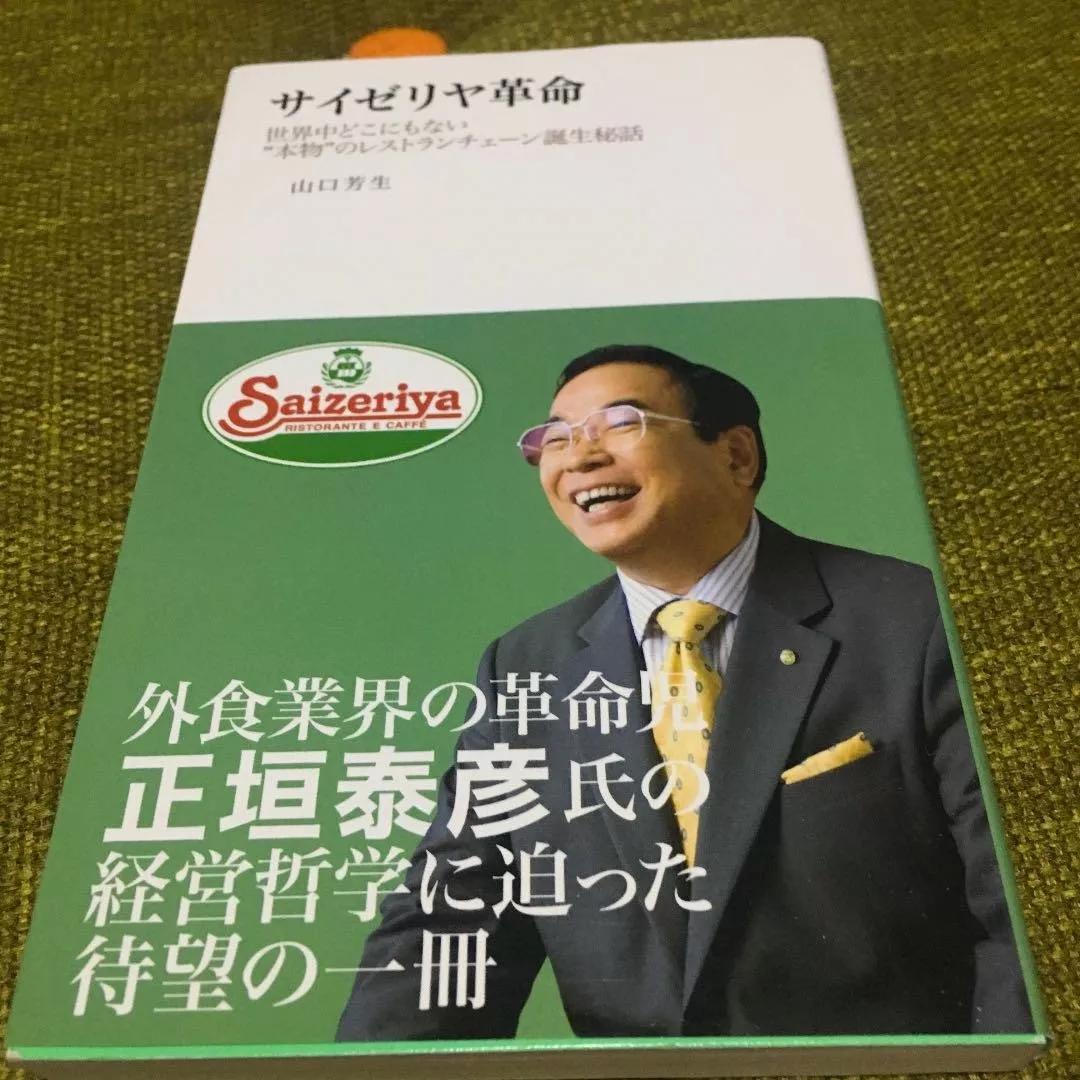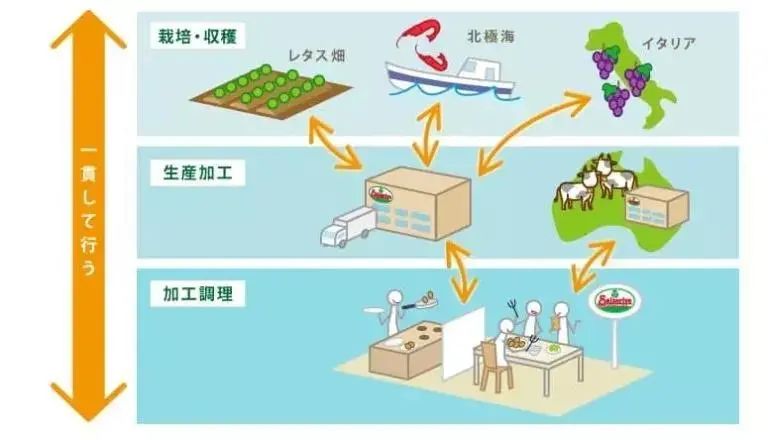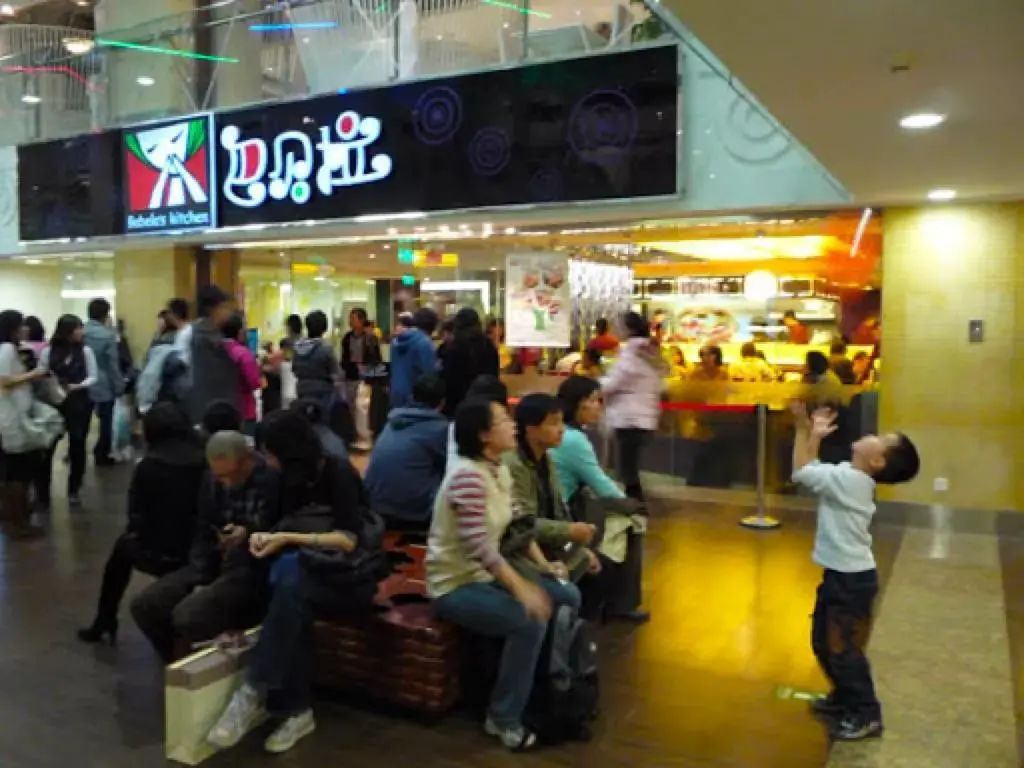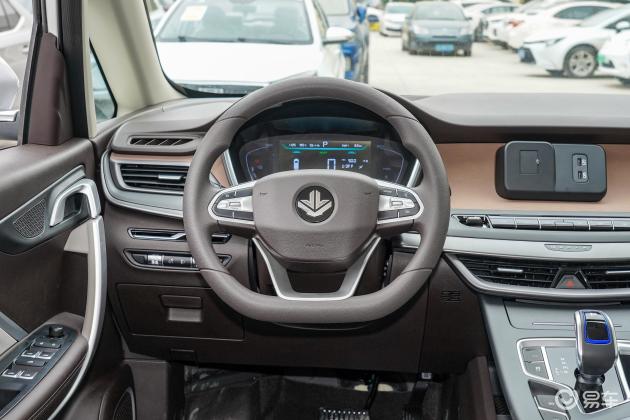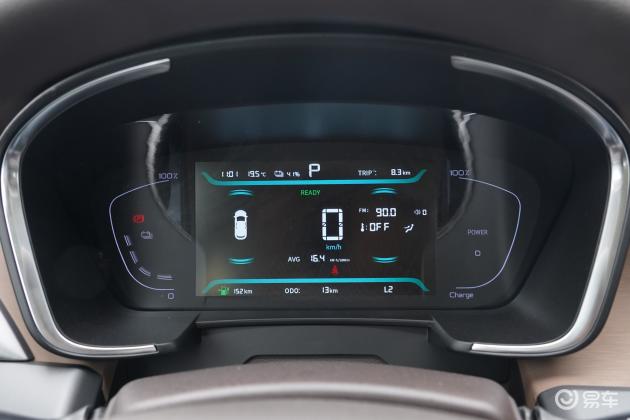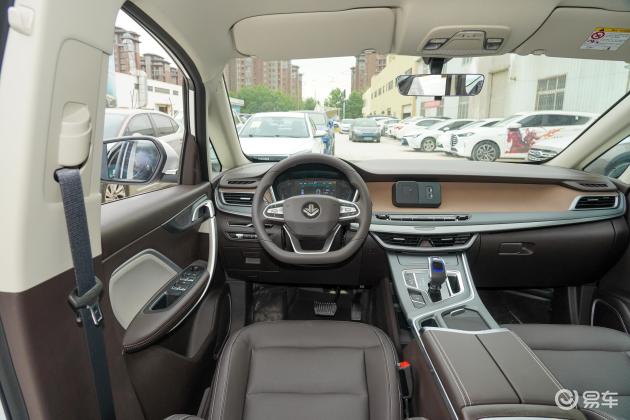Friends circle setting "3 days visible" becomes normal. Social media privacy is no longer willful.
"Without friends, friends can also see the latest 10 messages, but with friends, they can only see 3." Although it has been repeatedly criticized, since WeChat launched the new function of friends circle, "3 days visible" has gradually become the normal state of friends circle.
"The circle of friends is visible for three days, which proves that the privacy of the circle of friends is no longer willful. Now that we have fully entered the era of social media, this change on WeChat actually shows that after an adjustment period, we are moving towards a more mature attitude towards social media." In this regard, Sun Jie, a lecturer at the School of Journalism and Communication at Huaqiao University, commented.
Does social media bring freedom or bondage?
On wechat, if you don’t agree with a word, you will fight for an expression pack; On Weibo, "Keyboard Man" spoke out when he encountered "injustice", which are our impressions of social media. However, according to Huang Zeng, a junior born in 1997, these impressions are somewhat specious. "It’s true that I like to fight with emoticons. I usually like to speak and comment on some social phenomena and network hotspots on Weibo, but if we only have these things on the Internet, I won’t recite this pot." Huang Zeng told reporters with a serious face.
At present, most of the post-90s and post-00s are generations who have grown up with the development of the Internet and the update of social media. Due to the lack of generations with the same growth background and different thinking habits, it is difficult to understand the behavior of the new generation of young people who "soak" on their mobile phones all day. Therefore, every development of social media is faced with a critical and prudent social vision.
"I didn’t feel free when I went to college. I think this is all thanks to WeChat. " Huang Zeng told reporters helplessly that in the past, in middle school, the class teacher would set up a parent group, and even the homework was posted on WeChat, and the results were also basked in the group. When you go to college, your actions will be supervised by your parents at any time. "When I go back to the dormitory later in the evening, I will be scolded by my mother in the video call."
Yu Xiansheng, a post-80s white-collar worker, has a similar feeling with Huang Zeng. In his view, there is also a big question mark about whether the surname of social media is "private" or "public".
"Weibo is a pit, and the pit of WeChat is even bigger!" Yu Xiansheng told reporters that during his college years, Weibo was just emerging. At that time, he often talked nonsense in Weibo. However, since his work, Weibo has become a "public place" for publishing work status, promoting company projects and interactive affairs.
"Boss, colleagues all know your account, still dare to talk? Now I feel that Weibo has been bound to work and is an integral part of the work. " Yu Xiansheng went on to say that it was WeChat that bothered him more than Weibo. "Sometimes all kinds of things in more than a dozen groups are constantly swiping the screen, which makes me look big, and after coming home from work, I am particularly afraid that the boss will send WeChat to arrange work again. I began to envy the era when I couldn’t contact each other after work."
Social media is still an extension of real life.
The famous American scholar McLuhan once said: Media is an extension of human beings. This famous saying still has practical significance today.
"The development of social media has been closely related to our lives and is affecting people’s behavior, but in the final analysis, it still has to conform to the rules of the real world, which is based on real social interaction." Sun Jie told reporters.
"I think the function of being visible in a circle of friends for three days is a good choice, which allows the public to make choices according to their own needs." For the development of social media, Xu Xiao, a young cadre in charge of United front work in Xuhui District Committee of Shanghai, has his own unique views.
"Nowadays, WeChat friends are as common as sending business cards. Many of them are just due to simple working relationships and friends, so it is a mature practice to selectively show what you want to share." In view of the mass test of cleaning up zombie friends who sell things in the circle of friends, bask in babies, ask for praise, and even often appear, Xu Wei believes that these are all the relationships between "public space" and "private space".
In fact, in recent years, some "WeChat etiquette" has become popular on the Internet. For example, reply as soon as you see the information, send as few large voice messages as possible, and don’t pull groups without permission.
"Now many people say that they have been kidnapped by friends. In fact, in the sense of social etiquette, this is a false proposition." Xu Xiao said that due to the nature of her work, she usually "unifies social software and offline life", "don’t do to others what you don’t want them to do to you" and "respect others’ choices".
Instant messaging, sharing and interconnection, under the background of "technology explosion", the development of social media has obviously brought great changes to the traditional social ways, but this does not mean the lack of traditional social etiquette. How to develop a social view suitable for the characteristics of the media under the new media has become a more concerned issue.
"In fact, the change of media can’t change people’s real communication style, so the characteristics of media will not obscure the basic rules of real social interaction." Xu Xiao said that although many immature ways of communication in online social interaction exist temporarily due to the rapid development of social media, what really matters is what kind of social views individuals hold.
The real purpose of socializing is sincere emotional communication.
"There is a beautiful flower in the world, and that is youth blooming." Recently, the popularity of the film "Fanghua" has caused many audiences of different ages to shed tears, which has also caused a nostalgic upsurge. Living together day and night in the army art troupe, living and dying together in the process of fighting, condensed into a generation of youth, youth passed away, but friendship lasts forever.
"WeChat group is very convenient, but my comrades and I will get together regularly. The true feelings can’t be expressed by typing and talking online." Liu Lijun, a retired soldier, told reporters: "In the past, whether visiting relatives or socializing, it took a lot to maintain communication. It is too easy to communicate now, but I feel that I have nothing to say and my feelings are weak. "
"Different times have different ways of communication, but we will not increase the total amount of emotions with the evolution of social media. The number of people who can maintain friendship, and the friends who can communicate with each other and continue to communicate will not increase with the convenience of social media. " For a series of developments of social media, Sun Jie pointed out that due to the lack of communication costs, social media can not play a substantial role in core interpersonal relationships. Instead, we should devote our limited energy to infinite real life and be wary of confusing the boundaries of privacy and private communication.
"WeChat has actually been accepted by many people after the launch of the three-day visible function of friends circle, which is also in line with the international trend. For example, the Snapchat software in burn after reading abroad focuses on the current information and is unwilling to spend too much energy on online life. After all, in addition to business socialization and the nature of work, after experiencing a fresh online social sharing experience, everyone will still feel that real communication is the main source of our emotions. " Sun Wei concluded.









